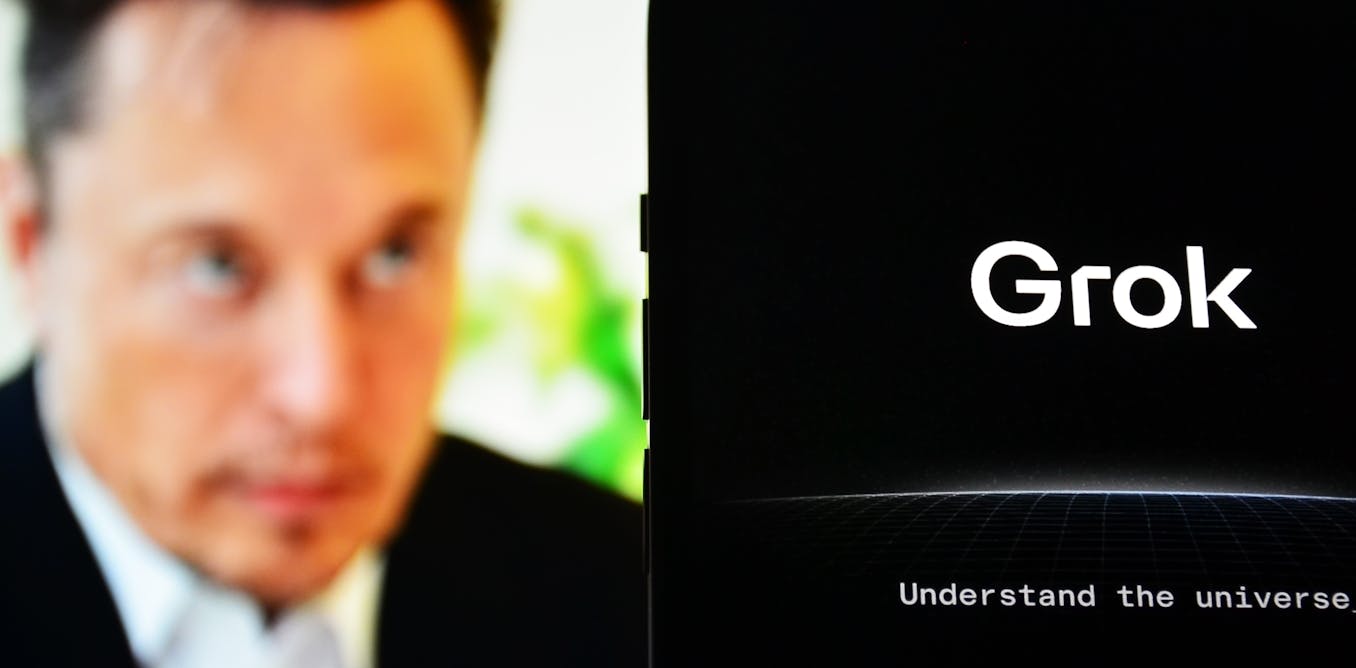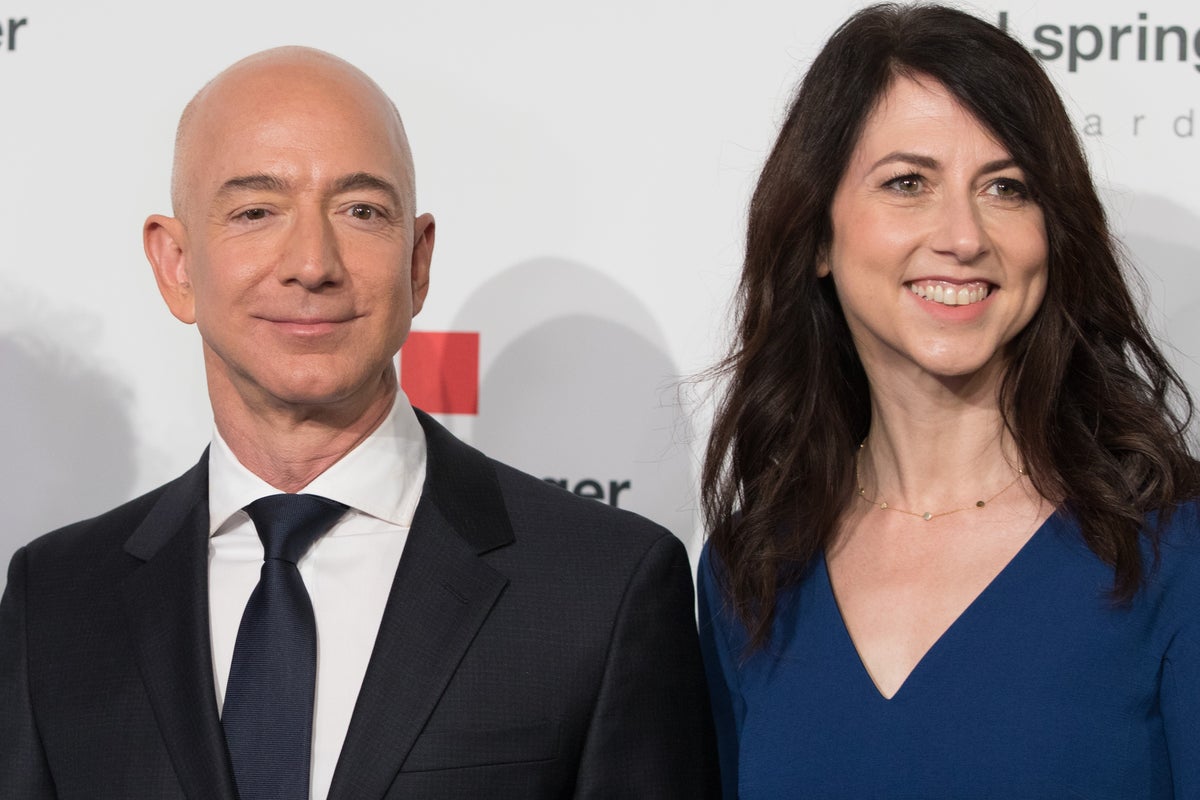Following a Xi-headed Politburo meeting, China looks set to ease its monetary policy stance in a first since the 2008-09 global meltdown. This comes in the view of Donald Trump’s return to the White House in the US.
read more
With the possibility of the second round of trade war looming as Donald Trump inches closer to the inauguration of his second term in the US, China’s top leaders have signalled an easing monetary policy stance.
Following a meeting chaired by President Xi Jinping, China has decided to adopt a “more active” set of policies to expand domestic demand in 2025 with “moderately loose” monetary tools. Such a language has not been used by high-level Chinese authorities since the global financial crisis in 2008-09. This signals the first shift in China’s monetary policy stance in about 15 years.
A statement issued after the meeting of the 24-member Politburo — a major decision-making body of the Chinese Communist Party — said, “The main goals for economic and social development throughout the year will be successfully completed.”
Traditionally, the December conclave of the Politburo sets the agenda for the next year.
The last time China went for a “moderately loose” monetary policy was in response to the global financial meltdown of 2008-09. Back then, China’s central bank announced a series of measures to revive the economy.
Media reports also suggest that this is the first time since 2001 that China’s authorities have described their overarching strategy for fiscal policy as “more active”. This signals the Xi regime’s determination to push China’s economic growth to meet its target for gross domestic product growth in 2025 at around 5 per cent.
More signals of Xi’s renewed resolve to revive China’s struggling economy comes from Xinhua News Agency’s report quoting officials as saying that the government will “stabilize property and stock markets.”
China has kept its monetary policy stance at “prudent” since 2011, though it has tweaked it in cycles to tighten or loosen the flow. China’s attempt to revive its economy post-Covid has failed to materialise with measures not yielding the results it aimed for.


